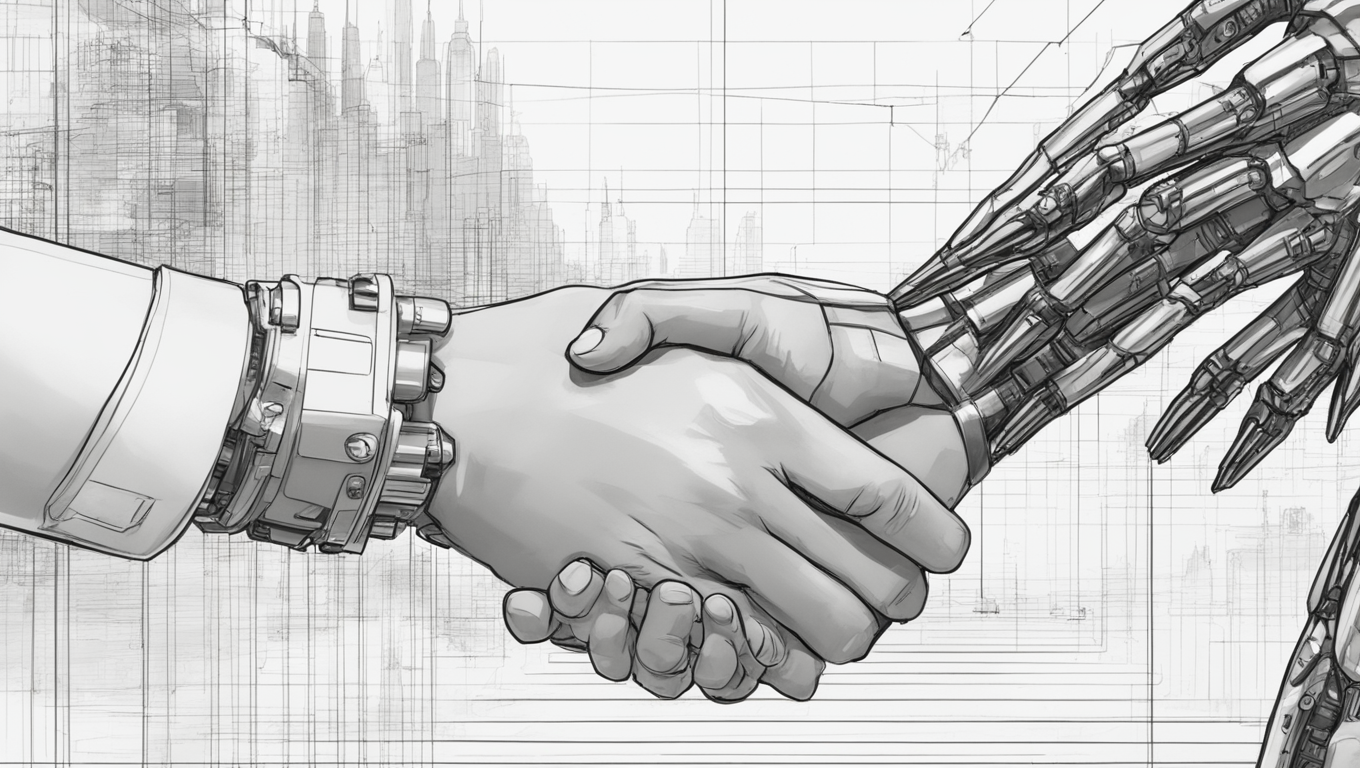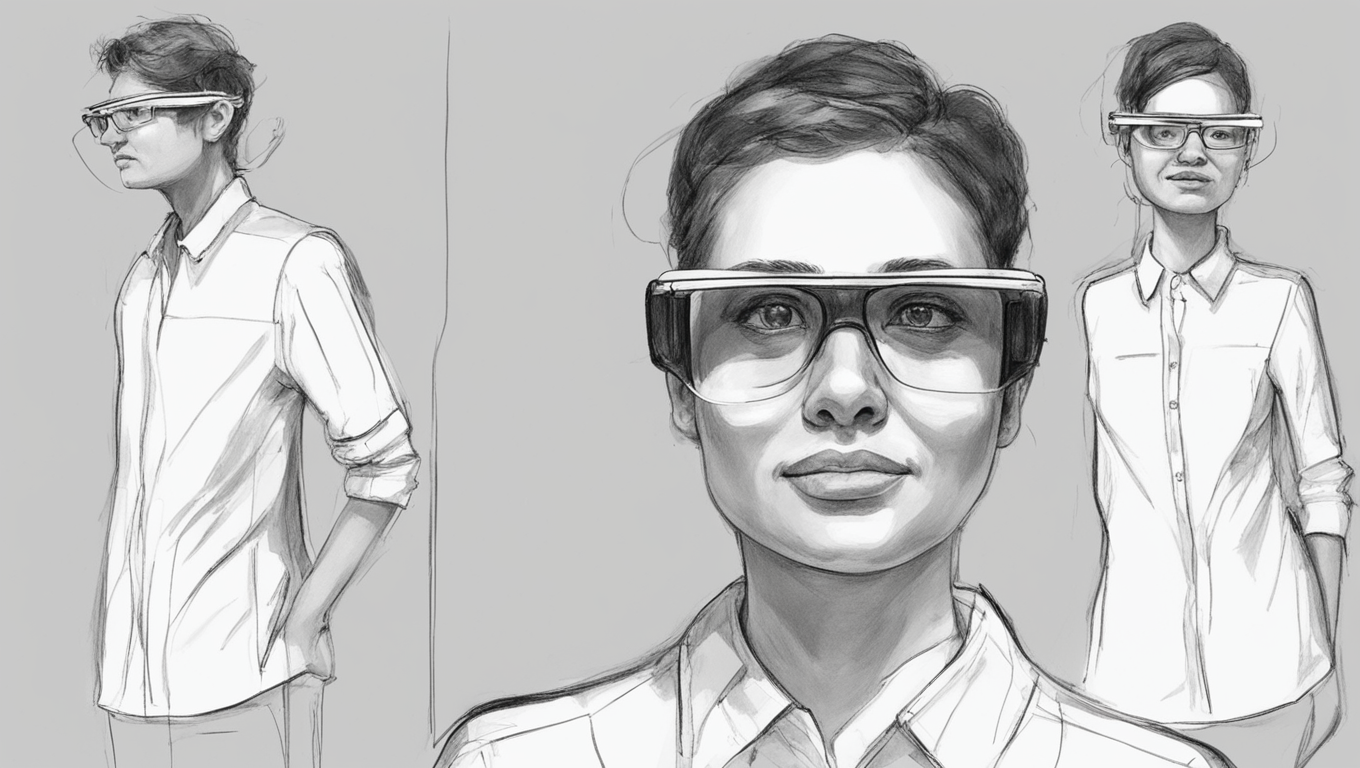The European Union (EU) is taking steps to assess the potential risks posed by certain technologies and determine whether they pose a threat to the bloc’s economic security. Semiconductor, artificial intelligence (AI), quantum technologies, and biotechnology are among the areas that will undergo evaluation. This assessment could potentially lead to export restrictions or limitations on investments in third countries, particularly China.
The European Commission, the executive branch of the EU, has identified four technologies for immediate assessment, with plans to examine six more in the near future. The commission emphasizes that it will conduct a thorough risk assessment in collaboration with the EU’s 27 member states and consult with companies before deciding on any measures. The response to identified risks may involve driving investment or seeking alliances with other countries to reduce dependencies.
While the EU executive insists that the assessment will not specifically target any third countries, it references the importance of partnering with like-minded nations and reducing reliance on China. An EU official clarified that the risk assessment will consider geopolitical factors when determining the severity of risks. The chosen technologies were selected because they are deemed highly likely to pose immediate risks.
In the field of advanced semiconductor technologies, the assessment will focus on microelectronics and chip-making equipment. For AI, the examination will encompass data analytics and object recognition. The evaluation of quantum technologies will involve areas such as cryptography, communications, and sensing. In biotechnology, genetic modifications and new genomic techniques will be the subject of analysis. The Commission may propose risk assessments for additional technologies in early 2024.
The EU’s actions mirror those of other countries, including the United States, Japan, Britain, and Australia, which have also conducted similar assessments. The EU has previously scrutinized the security of its 5G networks, resulting in some member countries restricting the use of equipment manufactured by Huawei and ZTE from China.
While the EU’s intention is to ensure economic security and mitigate potential risks, it remains important to strike a balance between protecting national interests and fostering global collaboration. As EU Commissioner Vera Jourova stated, “The EU should remain open to foreign cooperation while being vigilant against undue control or interference.” The outcome of the risk assessment, expected to be completed by the end of the year, will shed further light on how the EU will navigate this complex terrain.





Use the share button below if you liked it.